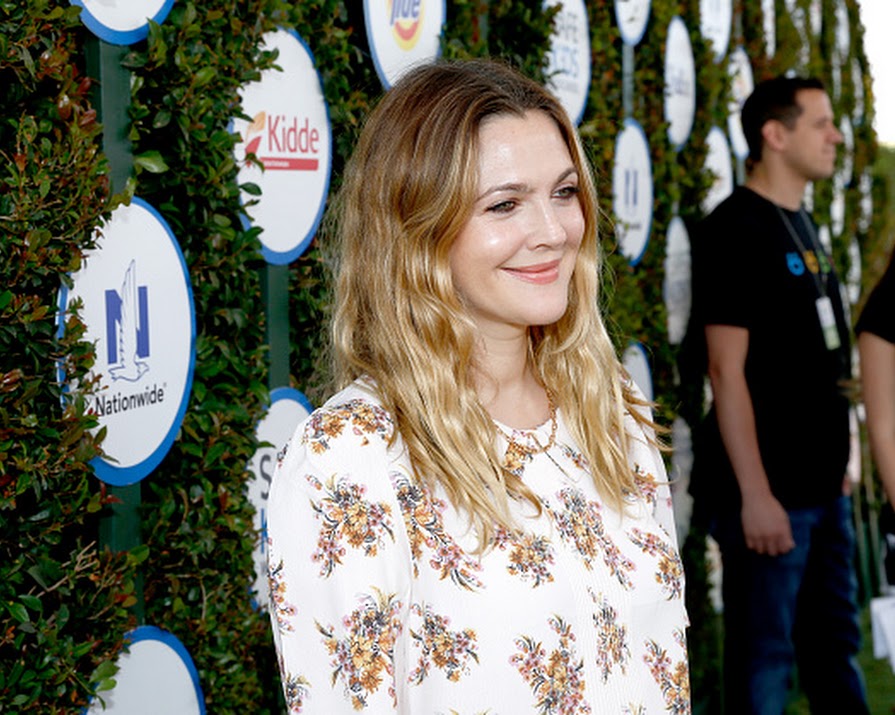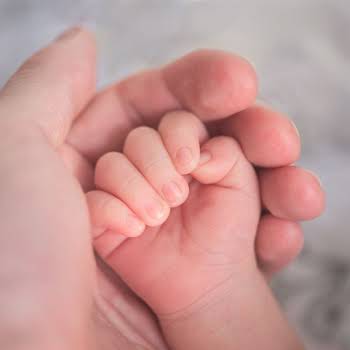
By Jennifer McShane
24th Oct 2015
24th Oct 2015
Actress Drew Barrymore has opened up about what it felt like to suffer from postnatal depression after the birth of her second child.
The 40-year-old, who is mum to Olive, three, and Frankie, 18 months, said she wasn’t prepared for how overwhelming it would be after giving birth to Frankie.
“I didn’t have postpartum the first time, so I didn’t understand it because I was like, ‘I feel great!’,” she told PEOPLE. However, she said her feelings changed after the birth of her second child.
“The second time, I was like ‘Oh, whoa, I see what people talk about now. I understand’. It’s a different type of overwhelming with the second. I really got under the cloud.”
Barrymore, who is married to Will Kopelman, admitted her postpartum was short-lived – “probably only sixth months” – but said it acted as a reminder for her to stay in the present moment.
She added: “[That’s] really important. I was in the kids’ class the other morning, and I started fretting about some piece of work news that was just stressful and I just thought, ‘Save it until after class – one thing at a time’.”
She explained that she felt ?pulled in every direction?: ?It was just really challenging, and I felt overwhelmed. I made a lot of decisions, and I definitely changed my work life to suit my parenthood.?
Her comments follow actress Hayden Panettiere speaking out about her struggle, and she stressed that the condition needed to ?be spoken about more openly.? Reports suggested that the Nashville star also checked herself into a postnatal depression treatment facility in October.
?It’s something that needs to be talked about. Women need to know that they’re not alone and that it does heal,? she said. ?There are those who, unfortunately, think that it’s not real [postnatal depression], that it’s not true, that it’s something that’s made up in their minds.?

?They brush it off. It’s something that’s completely uncontrollable. It’s painful, and it’s really scary and women need a lot of support,? she added.
Both Panettiere and Barrymore have been praised for speaking so frankly about the issue.
Postnatal depression (PND) is a type of depression some women experience after they have given birth. It usually develops in the first four to six weeks after childbirth, although in some cases it may not develop for several months. There is often no reason for the depression. It is said to affect about one in 10 mothers and in some cases, can last up to two years. Every year at least 12,000 Irish women are said to suffer from this, according to the HSE. A recent survey suggested that PND affects 1 in ten dads as well. The topic of postnatal depression is an important conversation to have as it is something that is still stigmatised today, so it is great to see public figures speaking out about their relatable experiences.
Via People
























